A year in politics
2020 was a punishing and relentless year in politics, both abroad and at home. We take a look back at the ‘unprecedented’ year.
It was a year which exhausted the word “unprecedented” and forever tainted the exhortation: “be kind”.
In early December, MPs went hard and early into the summer break as Parliament shut up shop for the year. Lucky for some.
January
The year 2020 began roughly a year ago. MPs were gearing up for the election with National in the box-seat to govern. Multiple polls had National ahead of Labour.
National leader 1.0 Simon Bridges was so optimistic he predicted a doubling of his party’s vote at the Rātana Pa polling booth: from one person in 2017, to two in 2020.
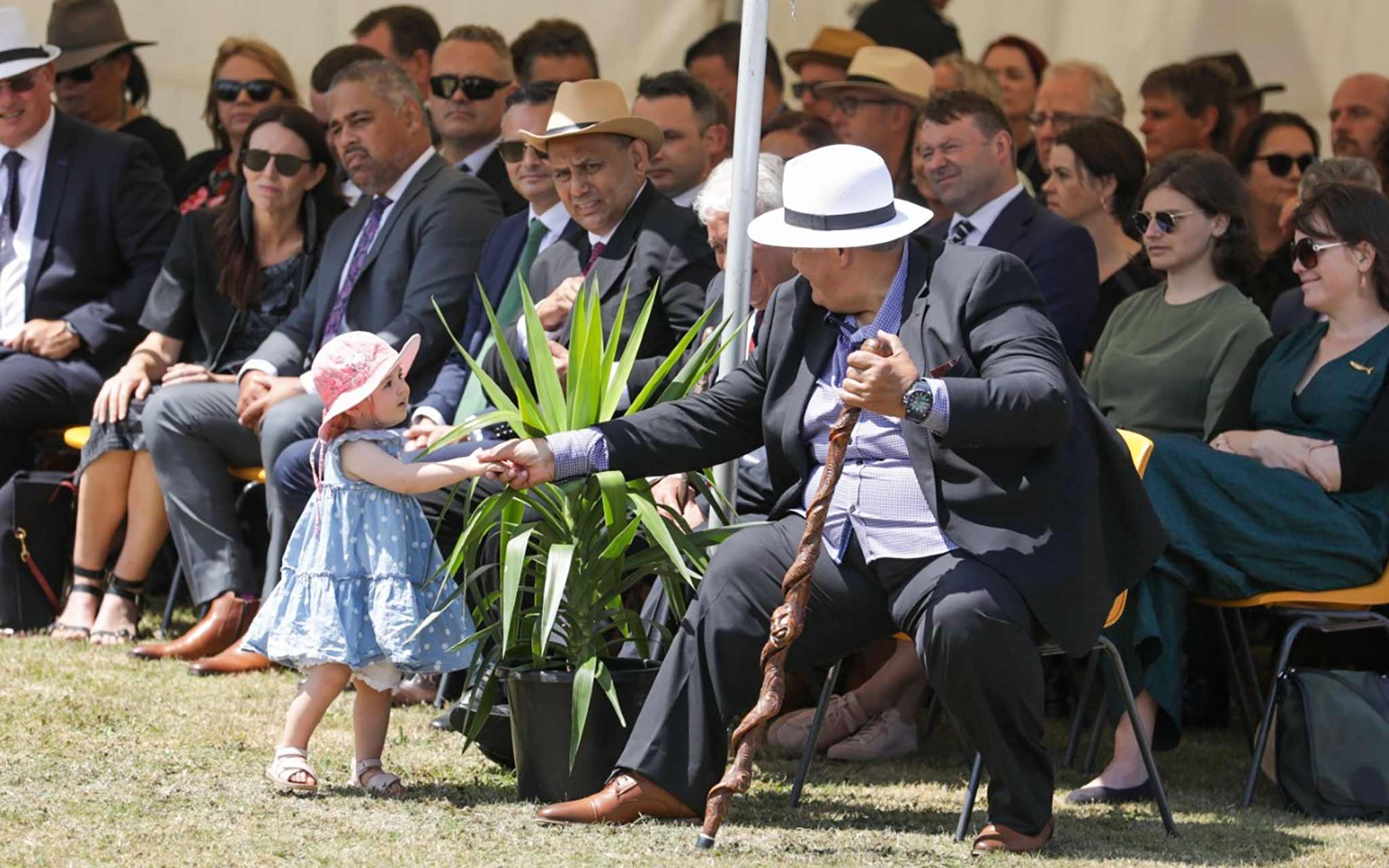
Former National MP Jami-Lee Ross was triumphant as the Serious Fraud Office (SFO) charged four people over the 2018 donations scandal which Ross brought to light. Unfortunately for Ross, he was one of the four charged. All four pleaded not guilty.
Someone also said something about some sort of virus which seemed to be spreading in China. Corona-something. Probably not that important.
February
Bridges began February with a significant declaration, ruling out ever working in government with NZ First and its leader Winston Peters.
Peters scoffed that Bridges would not be the one in charge of National post-election, displaying a certain degree of clairvoyance. Peters’ percipience did not stretch as far as his own party’s electoral prospects.
On 18 February, the SFO announced it was investigating the “nothing-at-all-do-with-NZ-First” NZ First Foundation. More on that later.
Prime Minister Jacinda Ardern also put on her best stern voice while visiting Sydney and asked her Australian counterpart Scott Morrison to please stop deporting “your people and your problems” to New Zealand. Morrison blew a raspberry and carried on merrily as he was.
Shortly after the media conference came official confirmation of NZ’s first case of Covid-19.
March
The carnage to be wrecked was only just beginning.
On 19 March, the government closed NZ’s borders.
On 21 March, Ardern unveiled a four-level alert system which detailed the varying levels of access to KFC.
On 23 March, NZ moved to Alert Level Three (some KFC). And on 25 March, NZ moved to Alert Level Four, or full lockdown (no KFC).
“You may not be at work, but that doesn’t mean you don’t have a job,” Ardern said. “Your job is to save lives.”
New Zealanders patted themselves on their backs and popped on another episode of Tiger King.
April
The Kiwi lexicon expanded in April with much discussion of “social-distancing”, “bubbles”, and the dreaded “team of five million”. People were spotted humming Happy Birthday while scrubbing their hands with soap. The country ran clean out of flour and everybody regretted not investing in Zoom.
The daily 1PM media conference became appointment viewing. New Zealanders joined together each day to heap scorn on reporters for daring to repeat a question if it was not sufficiently answered.
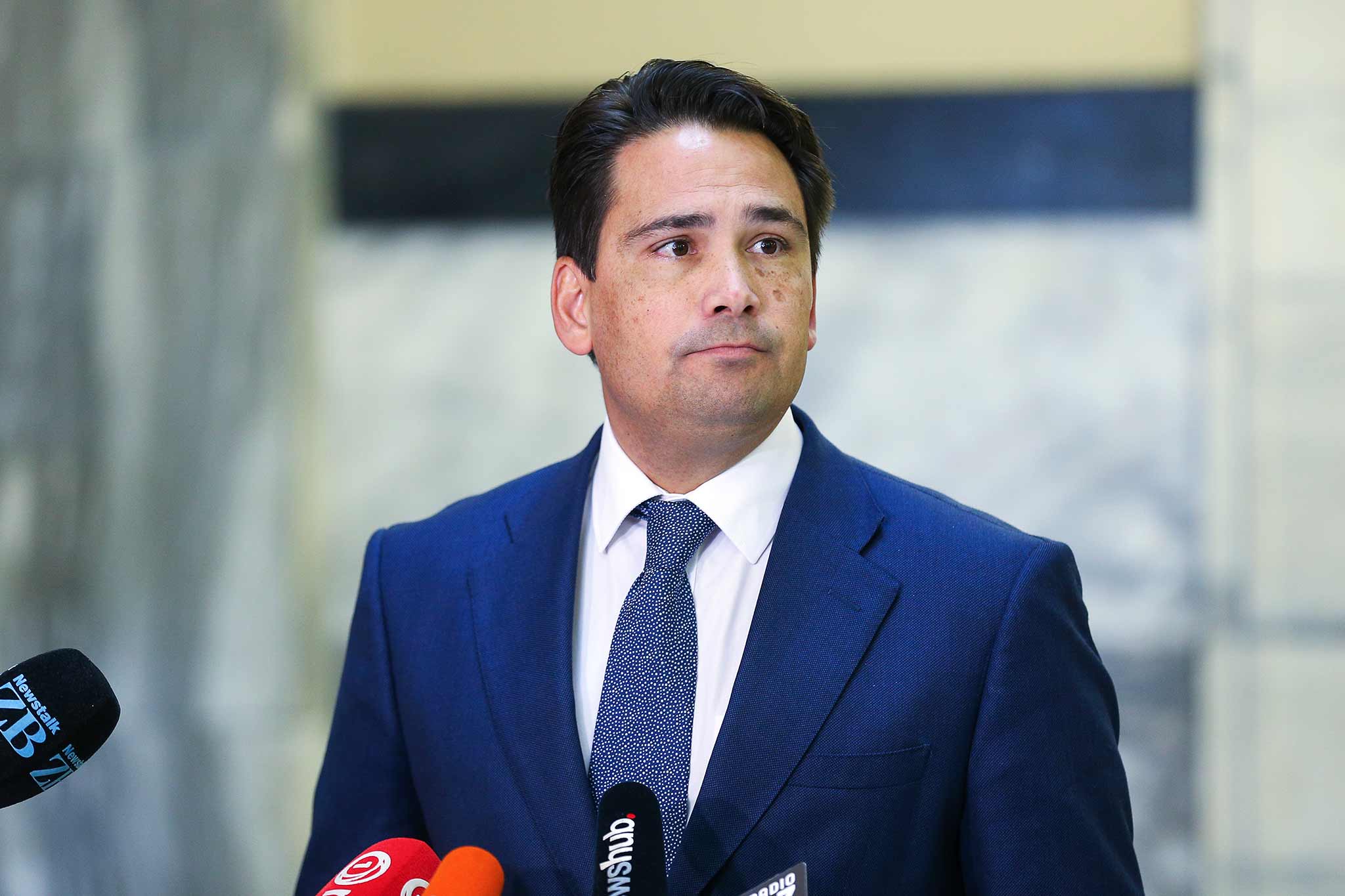
Bridges got a taste of the vitriol after publishing a Facebook post criticising the Government’s handling of the lockdown. Much of the criticism outlined in the post was later verified in official reports, but by then @AngryOnlineUser had moved on.
Meanwhile, Health Minister 1.0 David Clark was busy isolating himself from the 1pm media conferences, instead quarantining in his Dunedin bubble.
Despite his distance, Clark continued to serve a vital role, providing an example of what not to do during lockdown, whether that be mountain-biking or taking a 20km drive to the beach.
“I’ve been an idiot,” Clark said, when caught. @AngryOnlineUser was pretty angry.
May
The month of May brought the blessed end of lockdown and the beginnings of a breakdown in the opposition.
During their weeks locked away from Parliament, National MPs had been engaging in some self-reflection, contemplating their career prospects and reassessing their options.
The little-known Bay of Plenty MP Todd Muller began making some friendly phone calls to his colleagues, confident he could do a better job at the worst job in politics.
Bridges dug in his heels and refused to step down quietly, but two public polls, putting National near 30 percent, were the nail in his coffin.
And so emerged National leader 2.0 Todd Muller.
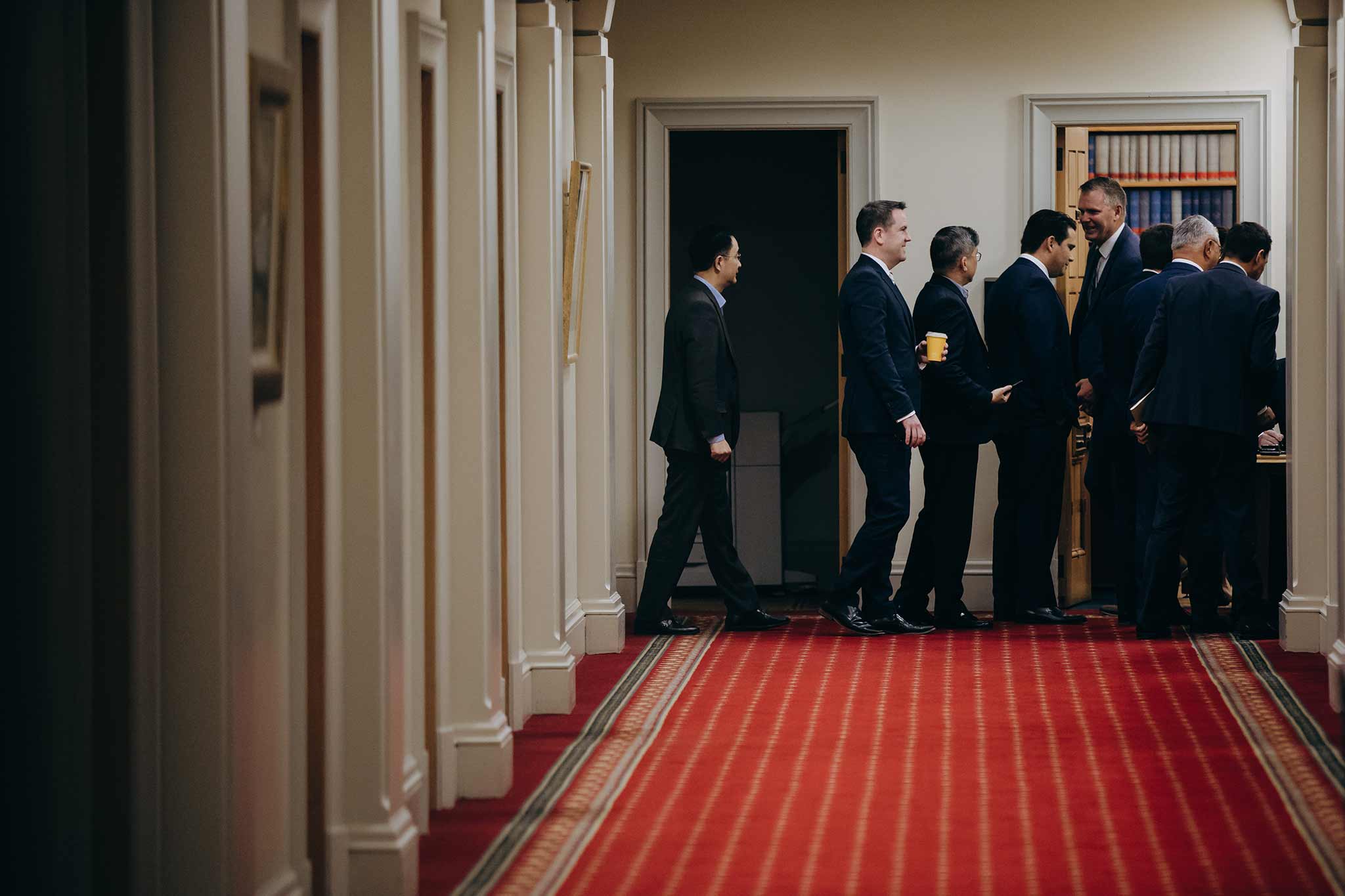
“I know the size of this task and I will bring my all to it,” Muller unfortunately said.
Muller’s first chance to stamp his mark came with the caucus reshuffle in which he debuted a front-bench whiter than Wonderwall.
National deputy 2.0 Nikki Kaye attempted to eject some colour into proceedings, exclaiming that number five on the list - Paul Goldsmith - was Māori. This was news to Goldsmith who immediately told media: “I’m not Māori”.
Baffled and slightly uncomfortable reporters were then subjected to a detailed account of Goldsmith’s great-great-grandfather’s sexual history as a way of explaining Kaye’s confusion.
It turned out Goldsmith-the-former was something of a high-performer, fathering 16 children to four wives. Two of his wives were of Ngāti Porou and two were Pākehā. Goldsmith hailed from the Pākehā lineage.
June
Kiwis abandoned the “be kind” mantra in June and tried out “be furious” for a change after the discovery of a major border blunder.
Officials had granted compassionate leave to two sisters, allowing them out of their isolation hotel early without first testing them for Covid-19.
The bad news: they tested positive for the virus after travelling the length of the North Island. The good news: they did not use any public facilities along the way, opting instead for the great outdoors. Stuart Nash was presumably fuming.
It soon became apparent that, despite public assurances, health officials had not been adequately testing people in managed isolation.
David Clark very quickly heaped responsibility for the error at the feet of Director-General of Health Ashley Bloomfield, much to the irritation of @AngryOnlineUser who well remembered the earlier mountain bike trip.
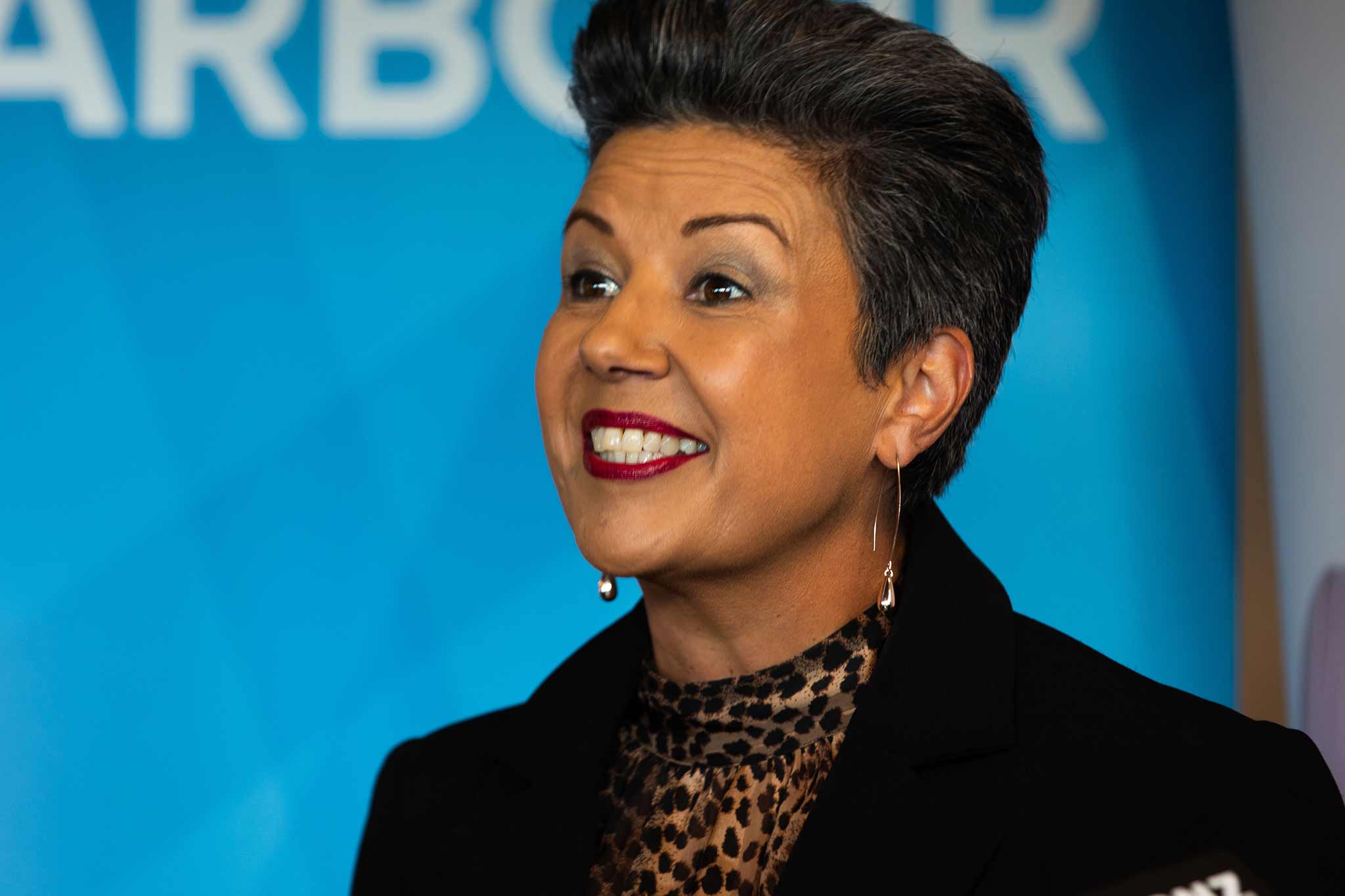
Fortunately, the virus did not spread.
Muller, meanwhile, set out his vision for the National Party in front of an upside down Tino Rangatiratanga flag and mistakenly announced he had once joined Labour.
National deputy leader 1.0 Paula Bennett announced she would resign at the election. National frontbencher Judith Collins published a memoir titled Pull No Punches.
“National has a reputation for removing any leader who fails in an election,” Collins unfortunately wrote.
July
With the year’s half-way mark past, reporters were hopeful of a quick breather.
Then David Clark resigned. Hamish Walker resigned. Jian Yang resigned. Winston Peters went on medical leave. Todd Muller resigned. Judith Collins took over. Amy Adams resigned. Nikki Kaye resigned. Andrew Falloon resigned. Iain-Lees Galloway resigned.
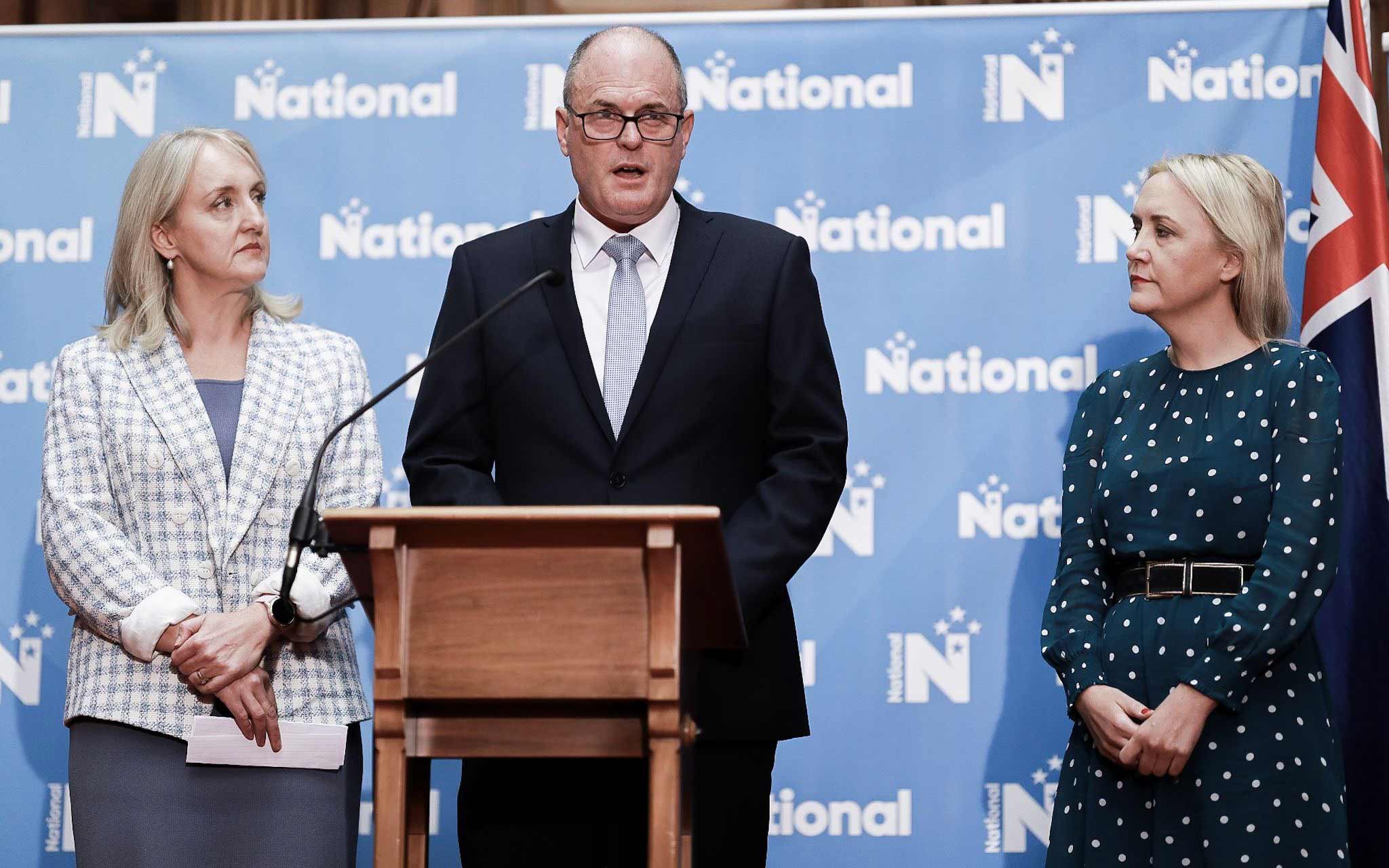
August
August marked the start of the election campaign and the end of the few remaining remnants of the press gallery’s sanity.
MPs celebrated the close of the 52nd Parliament. National leader 3.0 Judith Collins arched an eyebrow. Green co-leader James Shaw jested he would never have to debate Winston Peters in the House again.
Almost immediately, Parliament was reconvened.
Auckland was plunged back into lockdown after the unexplained re-appearance of Covid-19 in the city.
National deputy 3.0 Gerry Brownlee thought something was fishy as he outlined “an interesting series of facts” leading up to the lockdown. The rest of us knew the simple truth - 2020 was cursed.
It soon became apparent that, despite public assurances, health officials had not been adequately testing border workers.
Ardern booted the election back a month to October 17 and the country wept.
September
Pop the champagne! New Zealand officially entered a recession!
The private Green School in Taranaki came to public consciousness with revelations it had received $11.7 million in taxpayers’ funding.
Greens’ co-leader James Shaw admitted he had signed it off despite it contravening Green Party policy, presumably because he fancied the school’s name.
Shaw said he was sorry. He was very sorry. He was very very sorry. He was especially sorry the story was receiving so much coverage so close to the election.
The Green School was not particularly happy with the attention either as enquiries revealed it had recently hosted an “abundance and manifestation ceremony” which boasted “bio-energy field” cleansing, “DNA activation”, and other inane bullshit.
Campaign 2.0 kicked off and so restarted the ritual humiliation MPs engage in every three years in the pursuit of power. Act’s leader David Seymour jumped out of a plane. James Shaw went for a scuba dive. Winston Peters pretended to like members of the public.
The Labour Party began unveiling its hefty policy portfolio before letting slip that most of the pages were blank and the rest just had the word “COVID-19” printed again and again. One page briefly mentioned something about Matariki.
National, meanwhile, leapt on the policy vacuum and promptly filled it with a bouquet of blunders.
Not content with simply losing the support of middle-New Zealand, National did its best to put off its business base too as an array of errors were discovered in its alternative budget.
The SFO announced it was charging two people in relation to its investigation into the NZ First Foundation. Peters simultaneously claimed his party had been exonerated and that the process was an “appalling intrusion”.
October
The final weeks of the election campaign were upon us.
Jacinda Ardern repeatedly refused to reveal how she had voted in the cannabis referendum, saying she did not want to influence voters and a variety of other excuses to cover the fact she was terrified of losing any recent Labour converts.
She needn’t have worried as National continued to dig its hole deeper. In a display of near comic ineptitude, the party planted supporters along a walkabout in Ponsonby to heap praise on Collins.
National MPs seemed determined to out-do their 2002 election shocker, leaking and bad-mouthing their leader to media. In an entirely unrelated event, Collins dropped to her knees to pray before casting her vote.
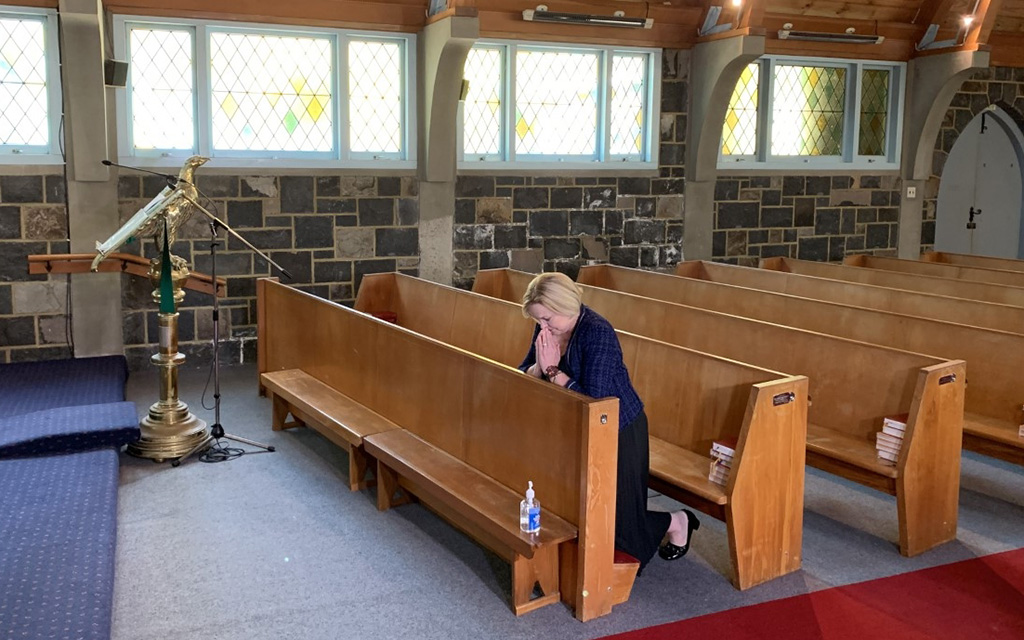
Collins declined to tell reporters what she had prayed for: perhaps that fat people would take some personal responsibility. Perhaps an election miracle.
Alas, even God had given up on the National Party. Election night delivered a bloodbath. National was utterly savaged by the public, landing just 25.6 percent of the vote - a nearly 19-point plunge from 2017.
No word on National’s performance at Rātana Pa.
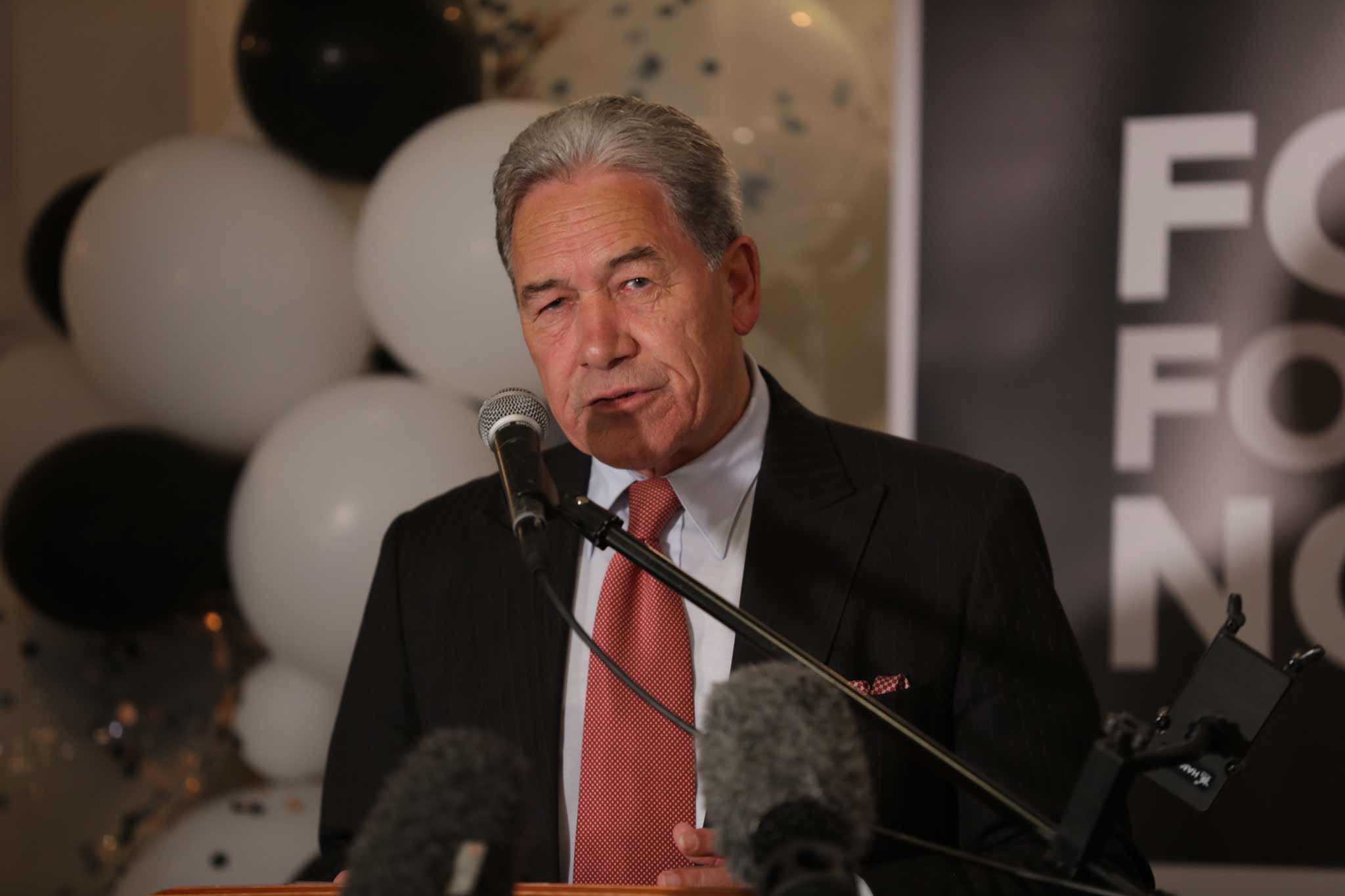
Labour swaggered to victory, topping 50 percent, and becoming the first majority government under MMP. Its stonking victory promised to make the next three years easy for Labour to follow through on its very few commitments.
NZ First disappeared into oblivion. The ACT party increased in size tenfold and the Māori Party returned from the dead. The Greens, too, outperformed expectations - perhaps the bio-energy cleansing did help.
November
Another wee election went ahead on the other side of the world and New Zealanders collectively held their breath to see which old white man would be elected Leader of the Free World. No one has yet exhaled.
Back home, Labour pushed ahead with its plans to form a government. It signed a co-operation agreement with the Greens, patted them on their heads, and sent them on their way.
The Government soon found itself staring at an avalanche of headlines bemoaning a burgeoning housing crisis. Prices were soaring — 20% in the past year — despite the country being in recession.
The crisis did wonders for small talk as homeowners gushed over their incredible capital gains and aspiring first home buyers wailed at the sky.
Finance Minister Grant Robertson and Reserve Bank Governor Adrian Orr exchanged terse letters. Ardern threw her hands in the air and scolded voters for ruling out a capital gains tax. Nothing could be done.
House prices continued to rise.
The cannabis referendum returned its final result with 48.4 percent in favour and 50.7 percent against. Stoners rejoiced that they would still have something to talk about at parties while everyone else talked housing. The euthanasia referendum passed with 65.1 percent of voters in support.
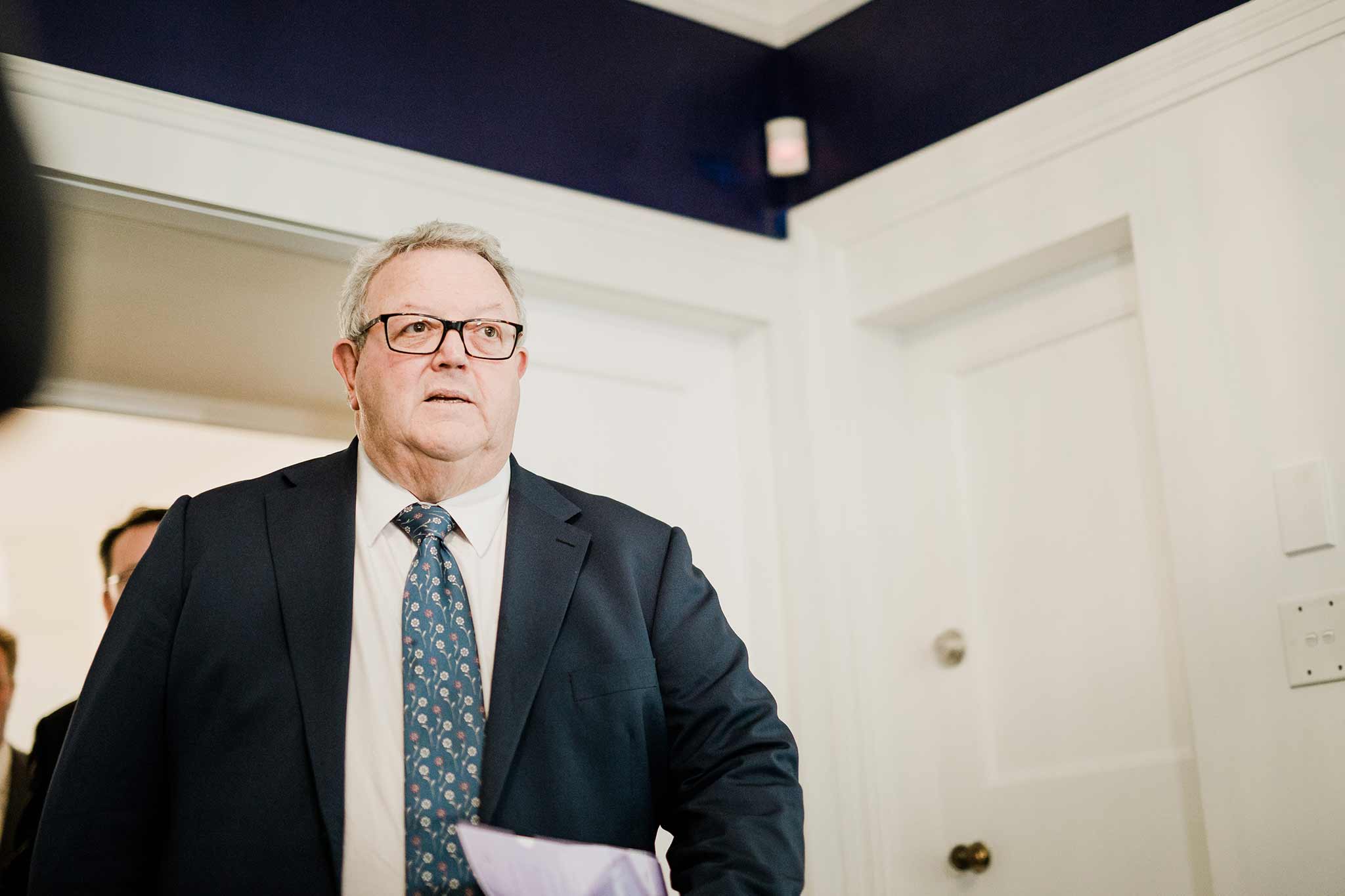
National deputy 4.0 Doctor Shane Reti stepped up to the plate as Gerry Brownlee stepped down.
Asked whether he minded the “Doctor Shane” moniker given to him by Collins, Reti replied: “I’ve been called a lot worse.”
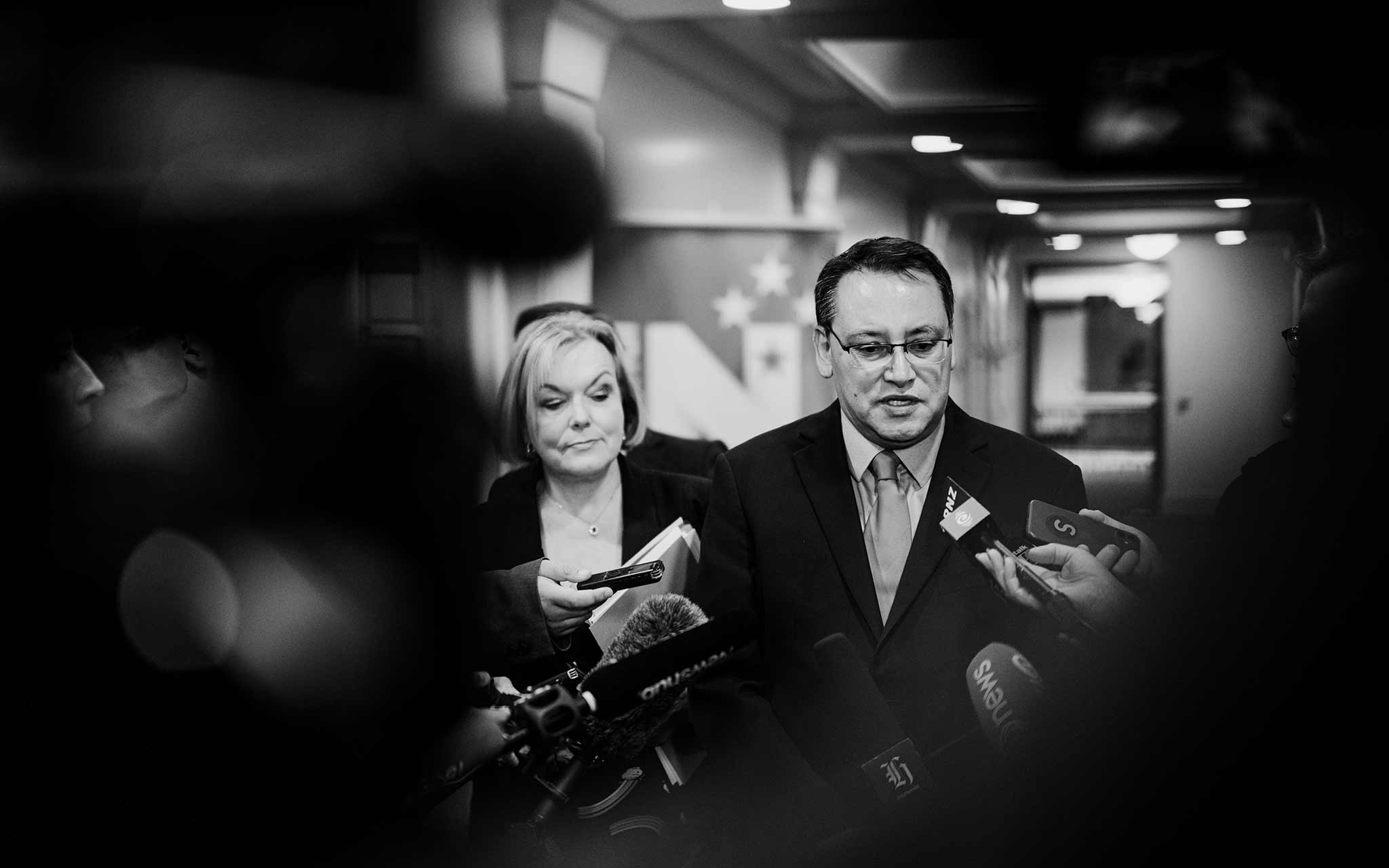
December
MPs were beginning to run out of steam as the end of the year approached, as were we when writing this 2020-wrap-up.
Parliament’s Speaker Trevor Mallard signalled his desire to remove the rule requiring men to wear ties in the debating chamber.
Opposition MPs signalled their desire to remove Mallard from the role of Speaker. They declared they had lost confidence in the Speaker because of a $333,000 bill he had racked up in a legal dispute after wrongly suggesting a former staffer had been accused of rape.
The public signalled their desire to remove 2020 from their memory. Bring on 2021.
Craig McCulloch is RNZ’s deputy political editor.
Katie Scotcher is RNZ’s political reporter